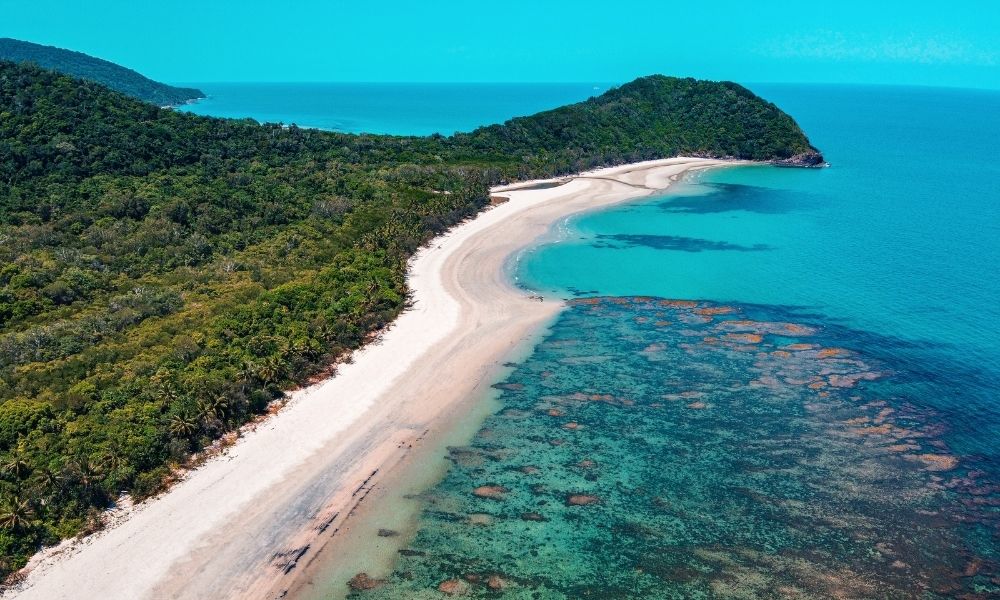
Image Credit: Unsplash
UNESCO Recommends Great Barrier Reef Be Enlisted 'In Danger'; Australia To Challenge Plan
Writer: Prattusa Mallik
A student of Journalism and Audio-Visual Communication, interested in words and silences alike, I aim to bring the narratives of the periphery to the centre, one story at a time. When not working, I'm usually caught reading, thinking, writing, watching Friends, or stargazing.
Others/World, 22 Jun 2021 3:42 PM GMT
Editor : Madhusree Goswami |
A mountain girl trying to make it big in the city. She loves to travel and explore and hence keen on doing on-ground stories. Giving the crux of the matter through her editing skills is her way to pay back the journalism its due credit.
Creatives : Prattusa Mallik
A student of Journalism and Audio-Visual Communication, interested in words and silences alike, I aim to bring the narratives of the periphery to the centre, one story at a time. When not working, I'm usually caught reading, thinking, writing, watching Friends, or stargazing.
Countering the recommendation, Environment Minister Sussan Ley said that the government would vigorously oppose the move because the UN had assured that they would not take this step this year.
The United Nations Educational, Scientific and Cultural Organization (UNESCO) has recommended that the Great Barrier Reef — the world's largest coral reef in Australia — be enlisted among world heritage sites that are "in danger" due to climate change and has urged the government to take measures to combat it. Countering the recommendation, the country's Environment Minister Sussan Ley said that the government would vigorously oppose the move, as the UN had assured that they would not take this step this year.
What Motivated The Recommendation?
Burning fossil fuels is responsible for global warming and has increased the temperature of the oceans. This global warming has led to three mass bleaching events on the reef since its last assessment by the committee in 2015. The UNESCO report said that despite all their efforts, the government has been unable to achieve the main targets on water quality improvement and management. Consequently, the report has suggested that a revised version of the Reef 2050 Plan (Australia's key reef policy) should include the inference from a major government review that "accelerated action at all possible levels is required to address the threat from climate change".
Opposing this, Ley said that the report did not follow a proper process. She accepted that climate change poses a threat to the reef, but the world heritage committee was not the appropriate forum to address the issue. Moreover, UNESCO had reassured the government officials a week ago that it would not recommend the reef to be listed as "in danger". To communicate this, she has already joined the foreign affairs minister (Marise Payne) in a call to UNESCO's director-general (Audrey Azoulay).
Global Warming Or Global Politics?
Ley went even further to hint that the government suspects China has played a role in this recommendation. It heads the World Heritage Committee and will host the July 16 meeting to consider the proposal. "This sends a poor signal to those nations who are not making the investments in reef protection that we are making," The Guardian quoted her as saying.
One might note that this is not the first time that the reef has faced the threat of the "in danger" listing. The last time such a recommendation was made was in 2015. However, at the time, the government had made a successful lobbying effort to influence the committee of 21 countries.
Also Read: Climate Change May Result In 3-10% GDP Loss Annually By 2100: Report
 All section
All section














